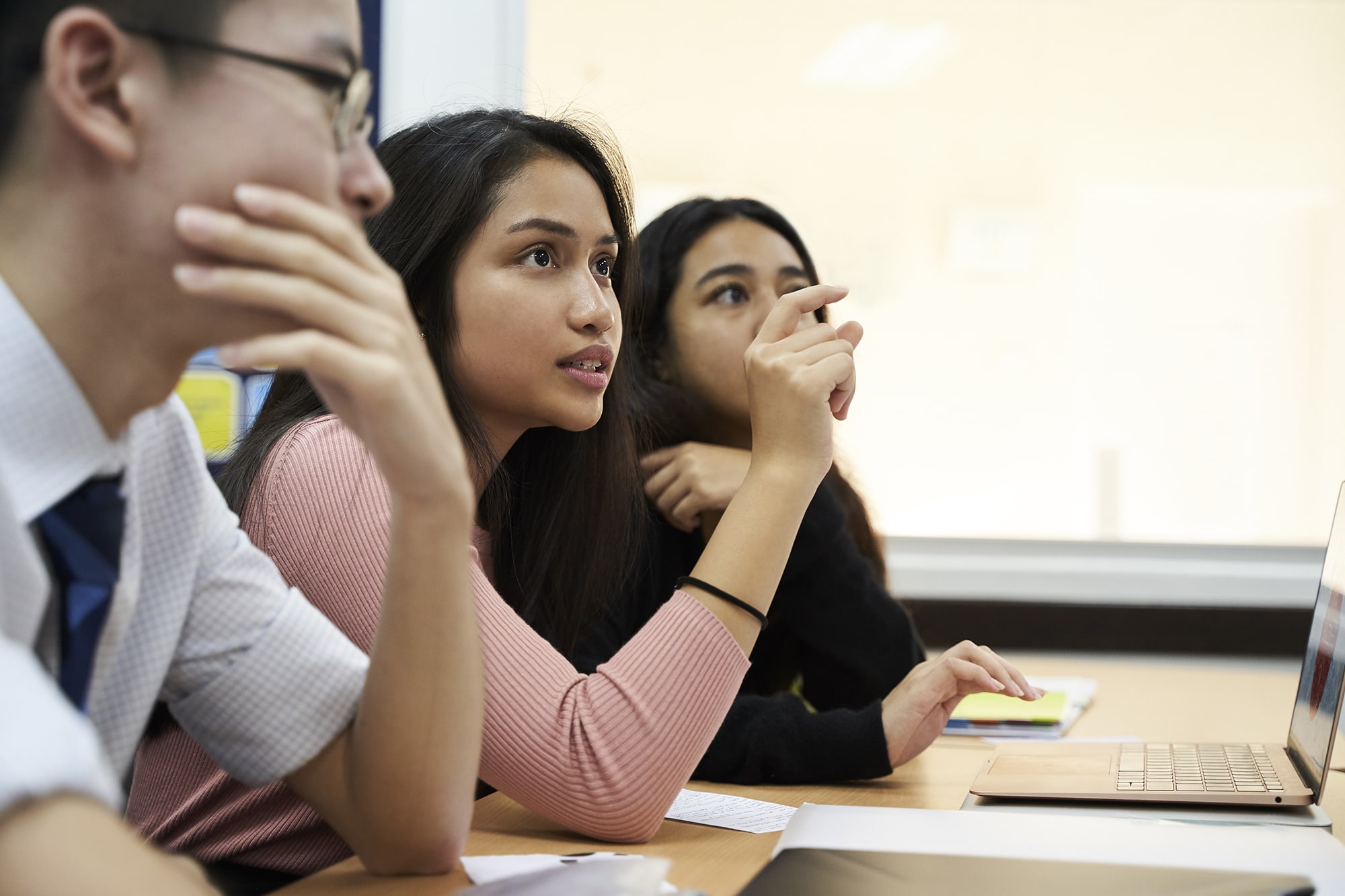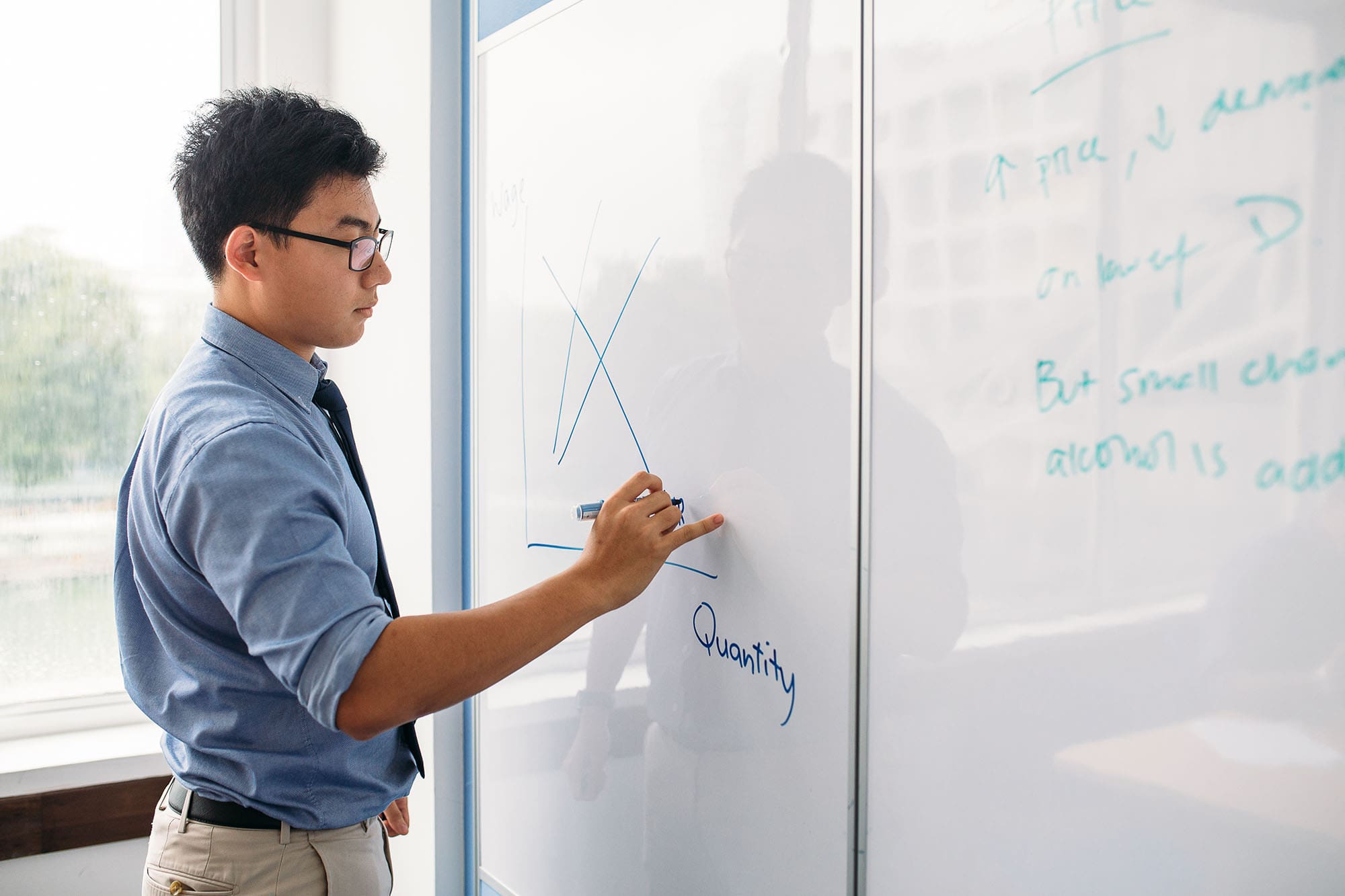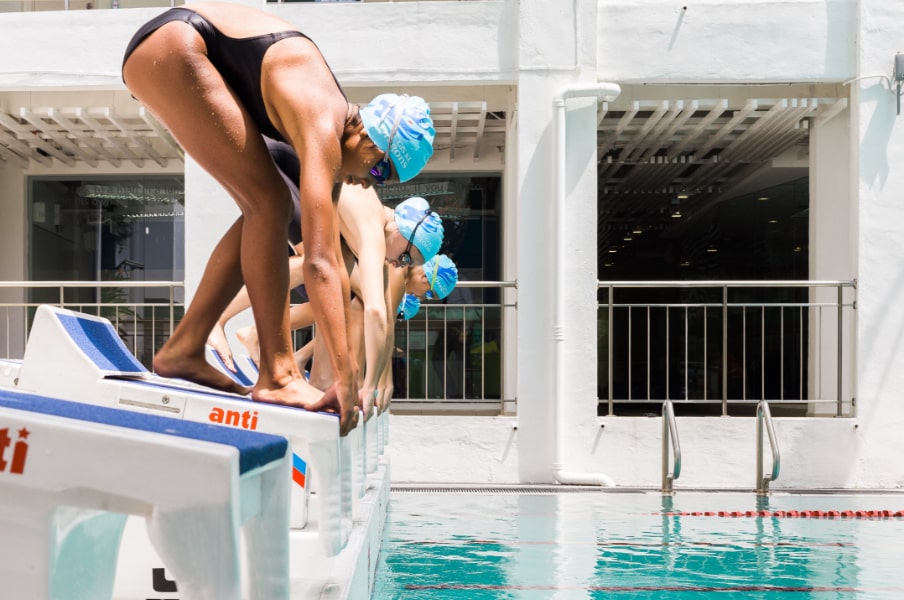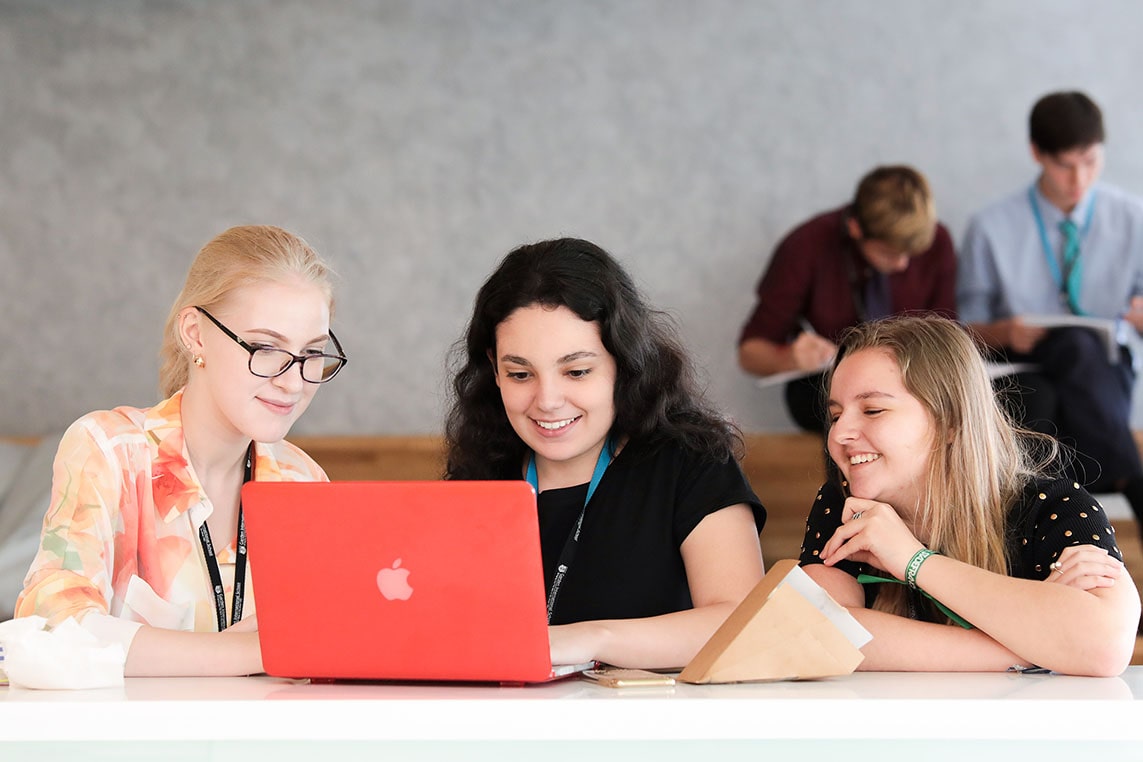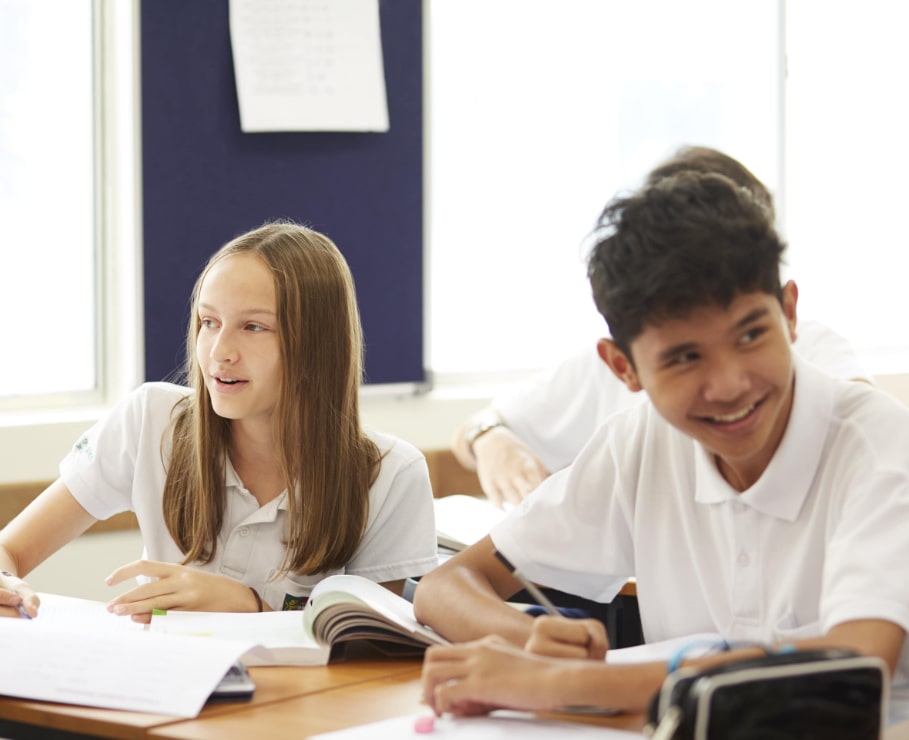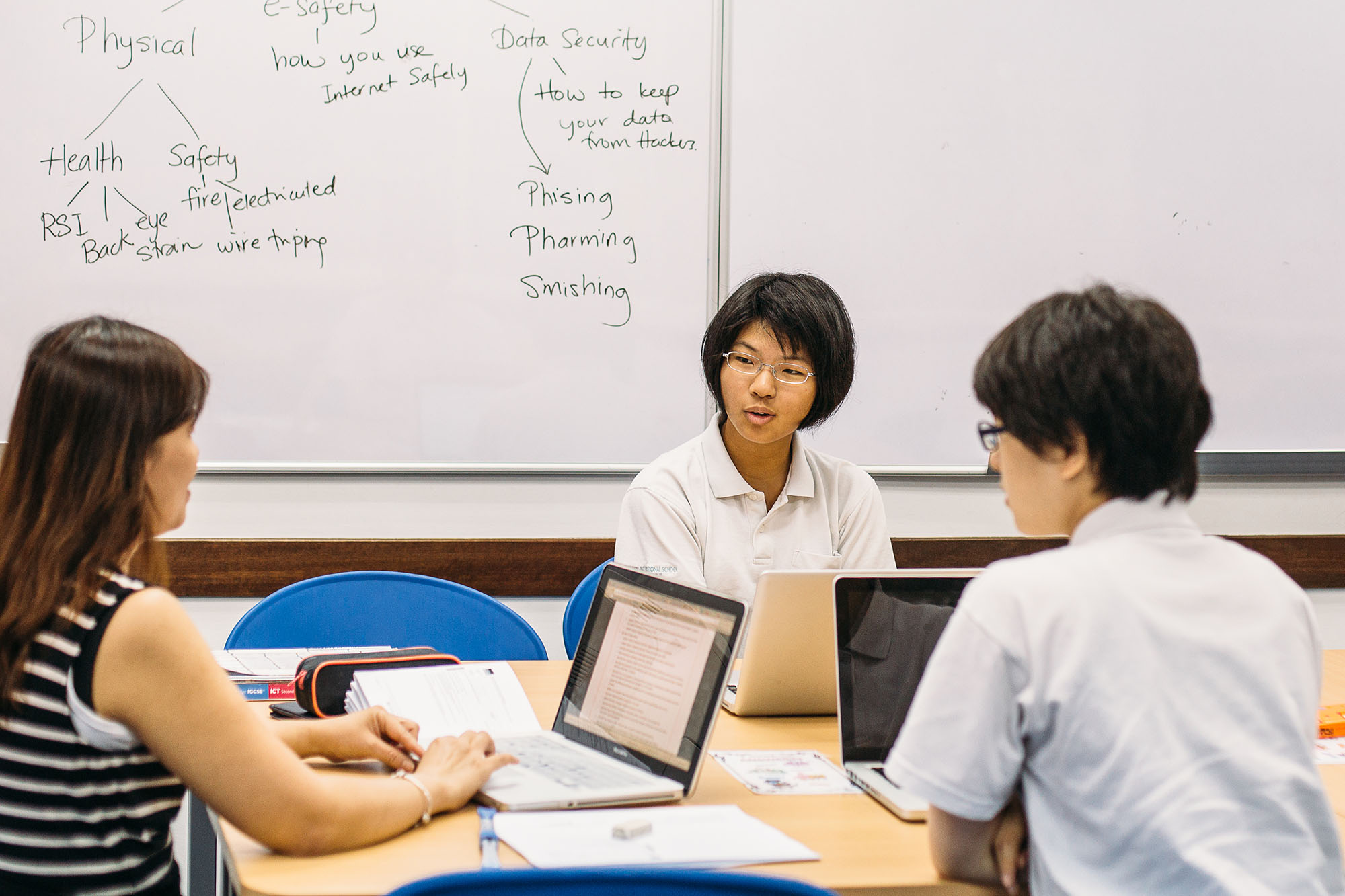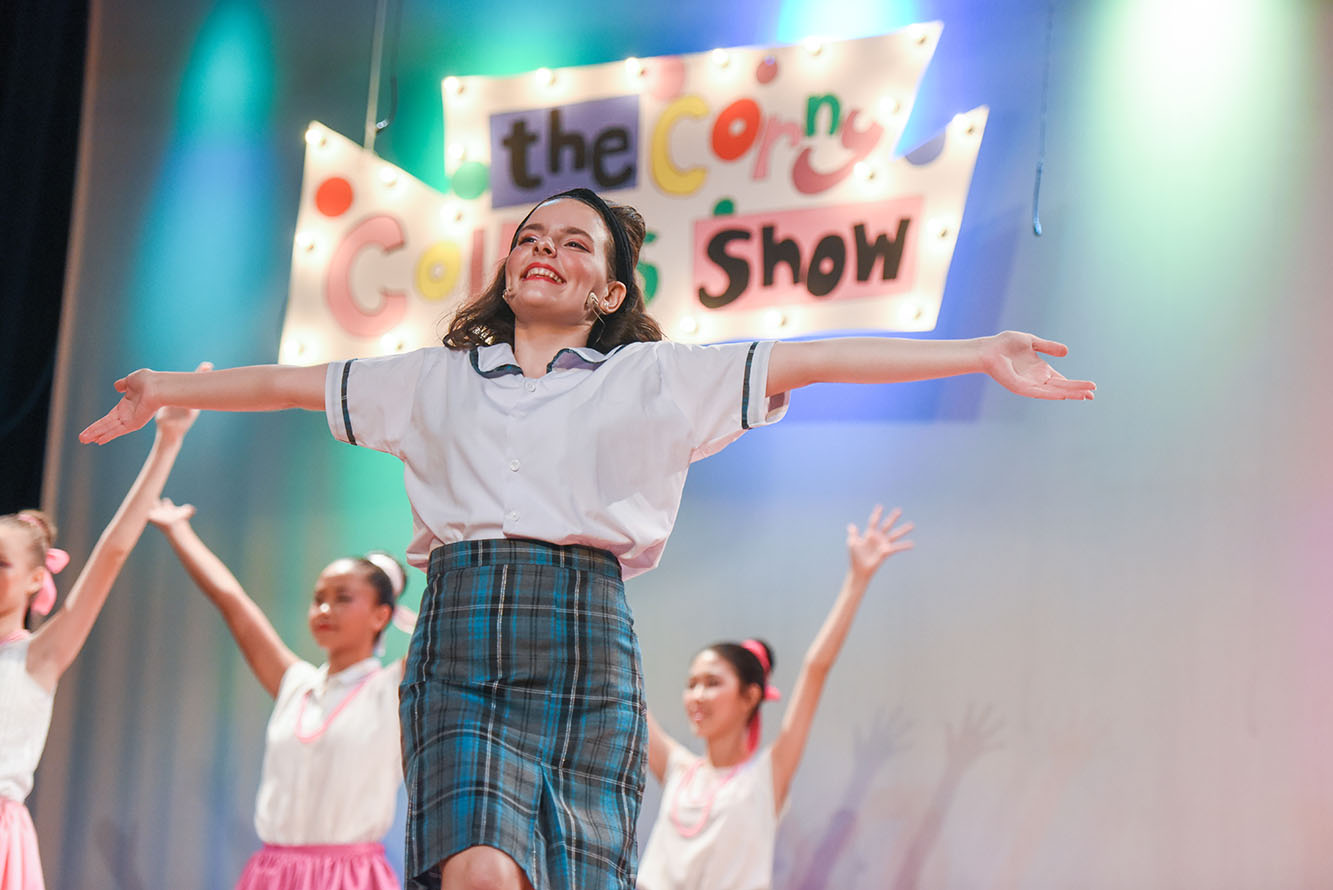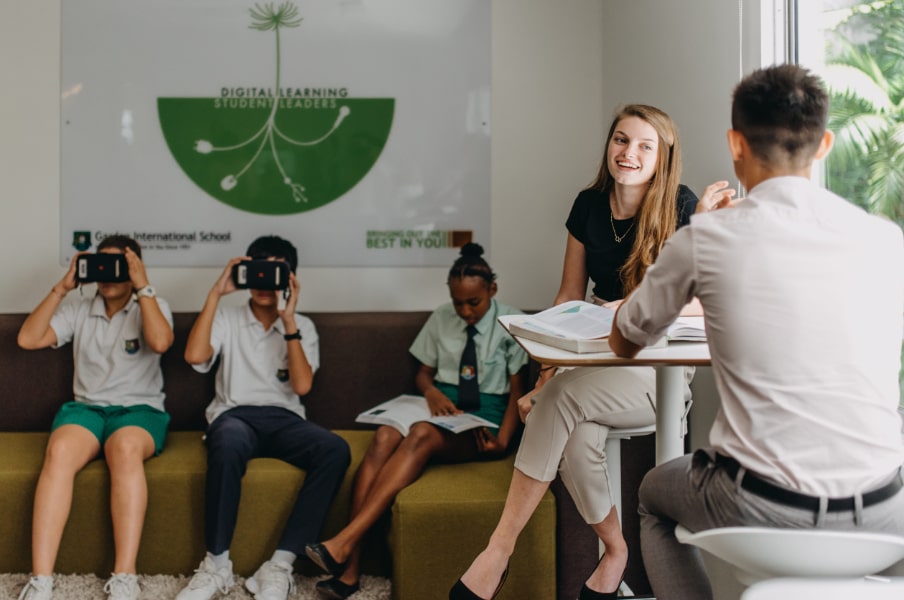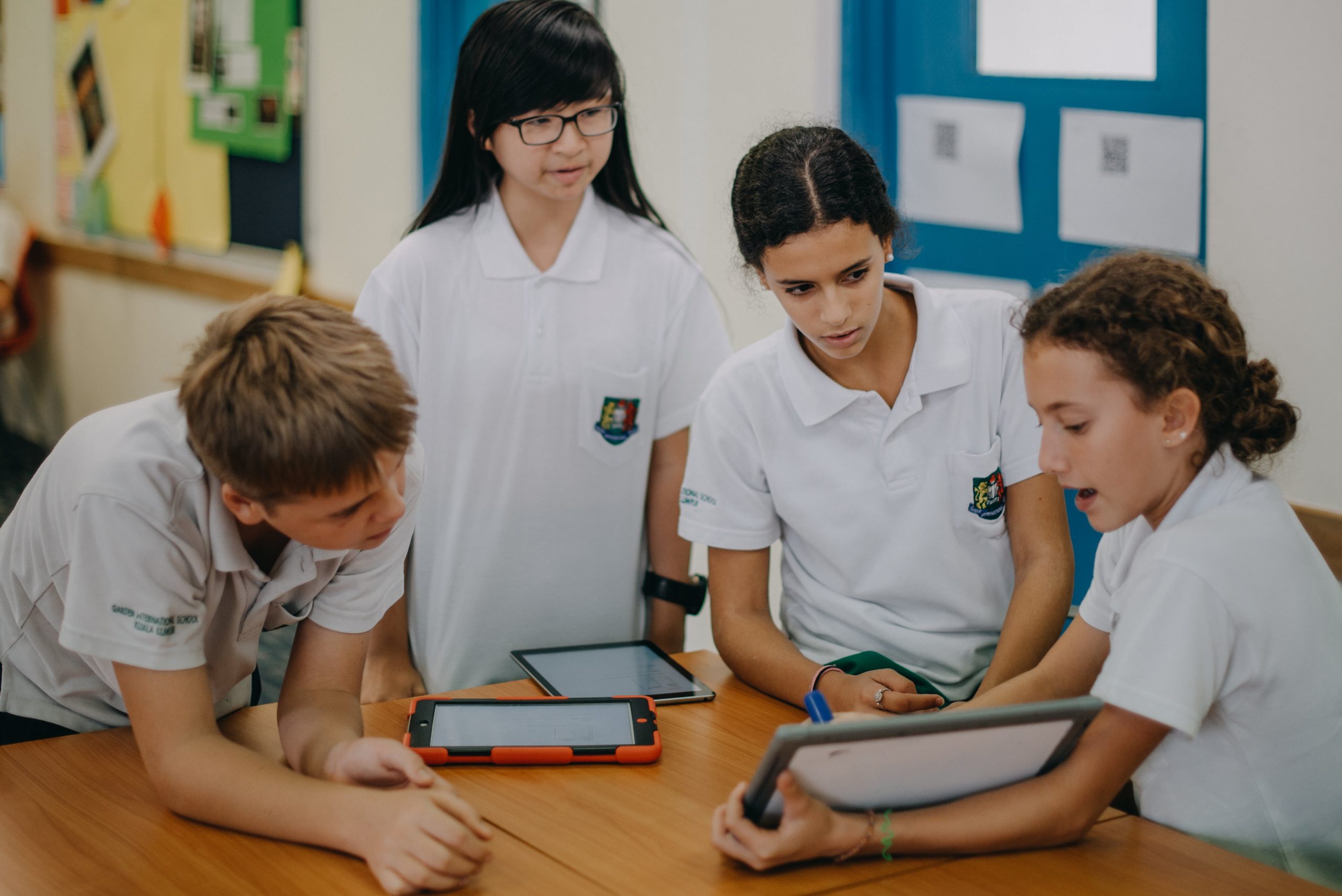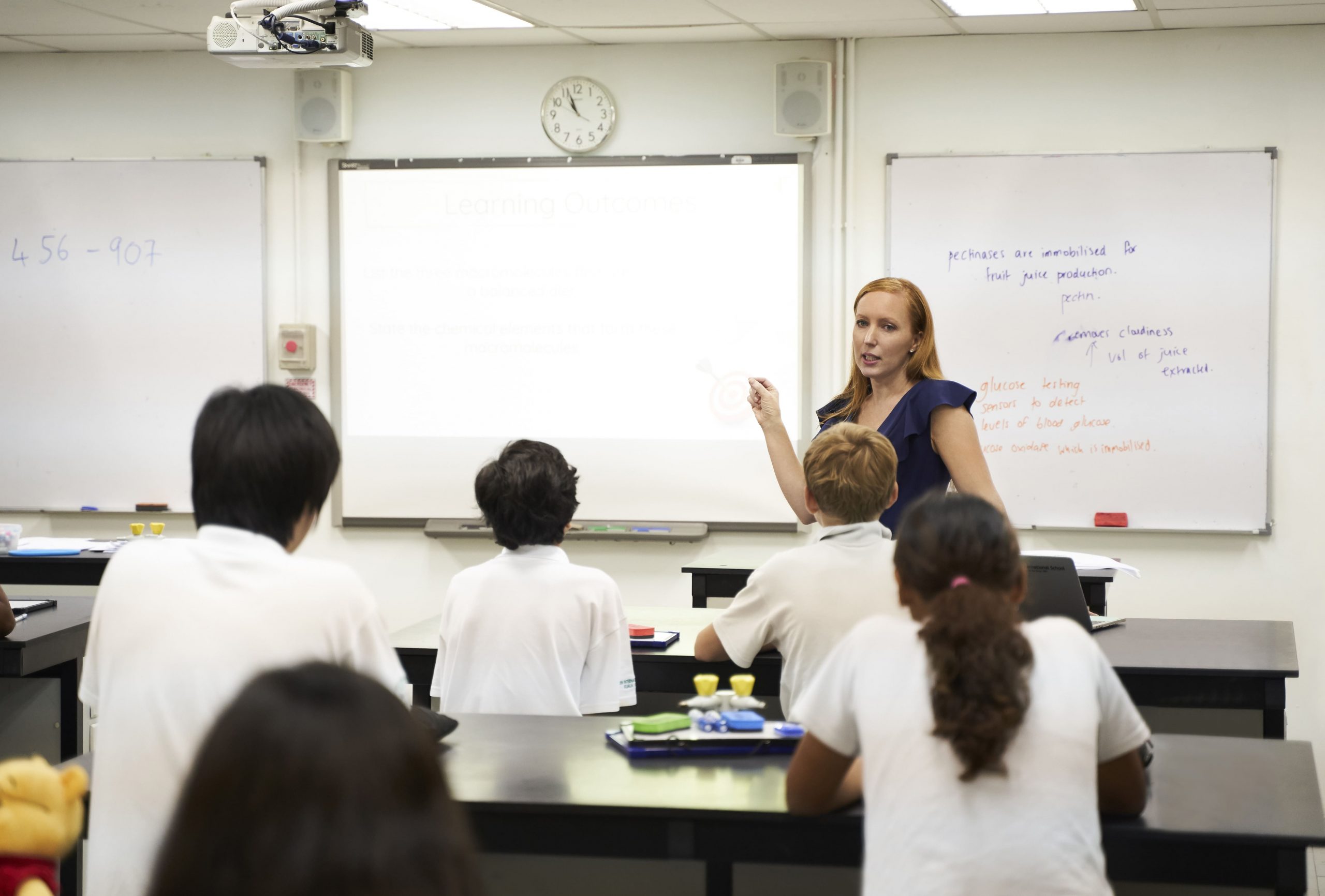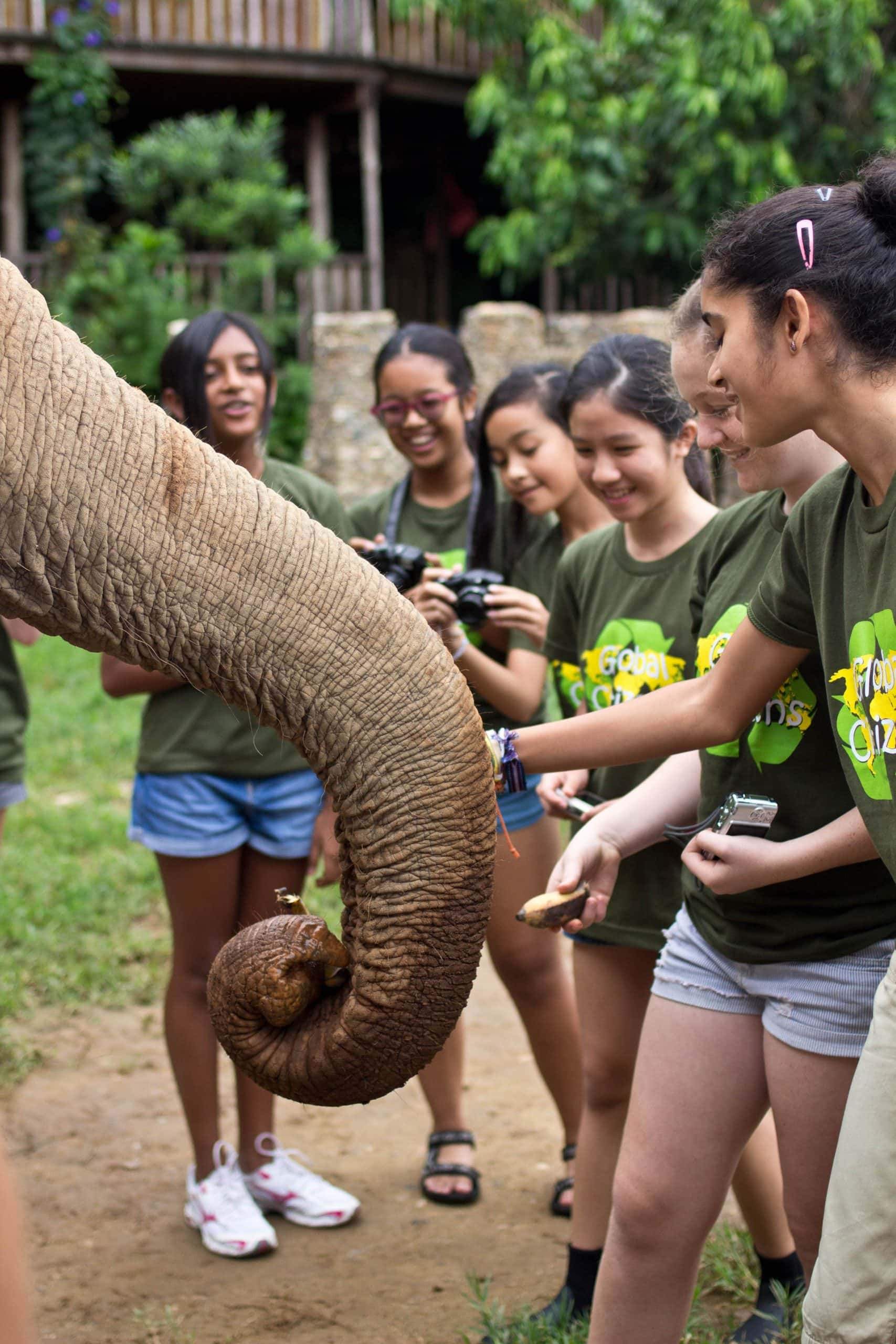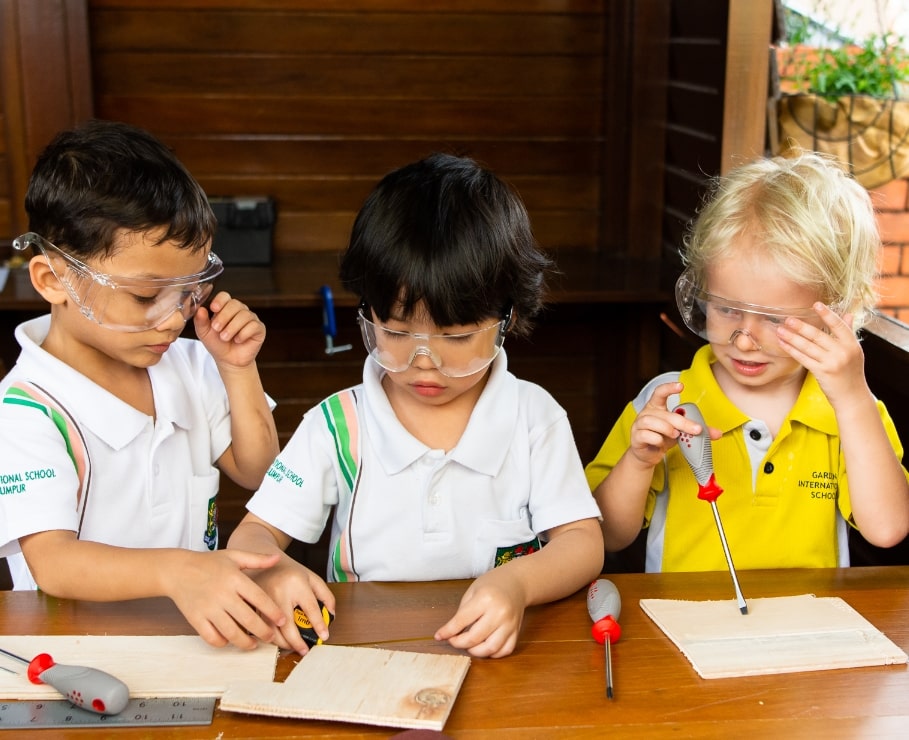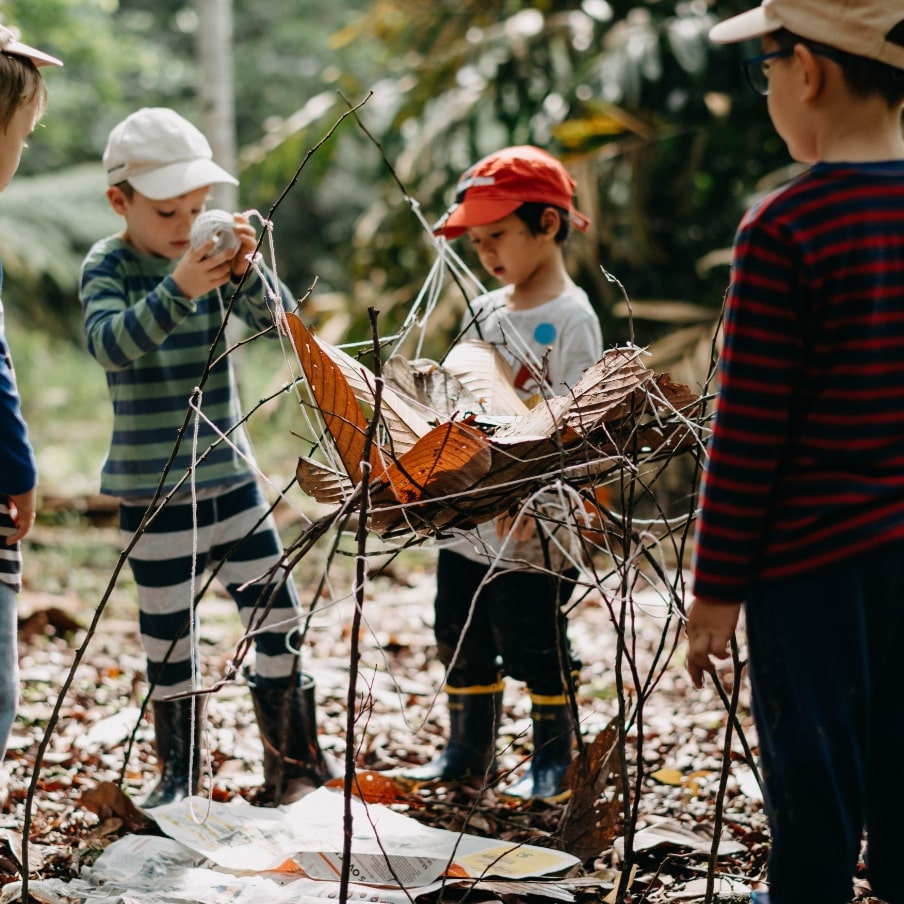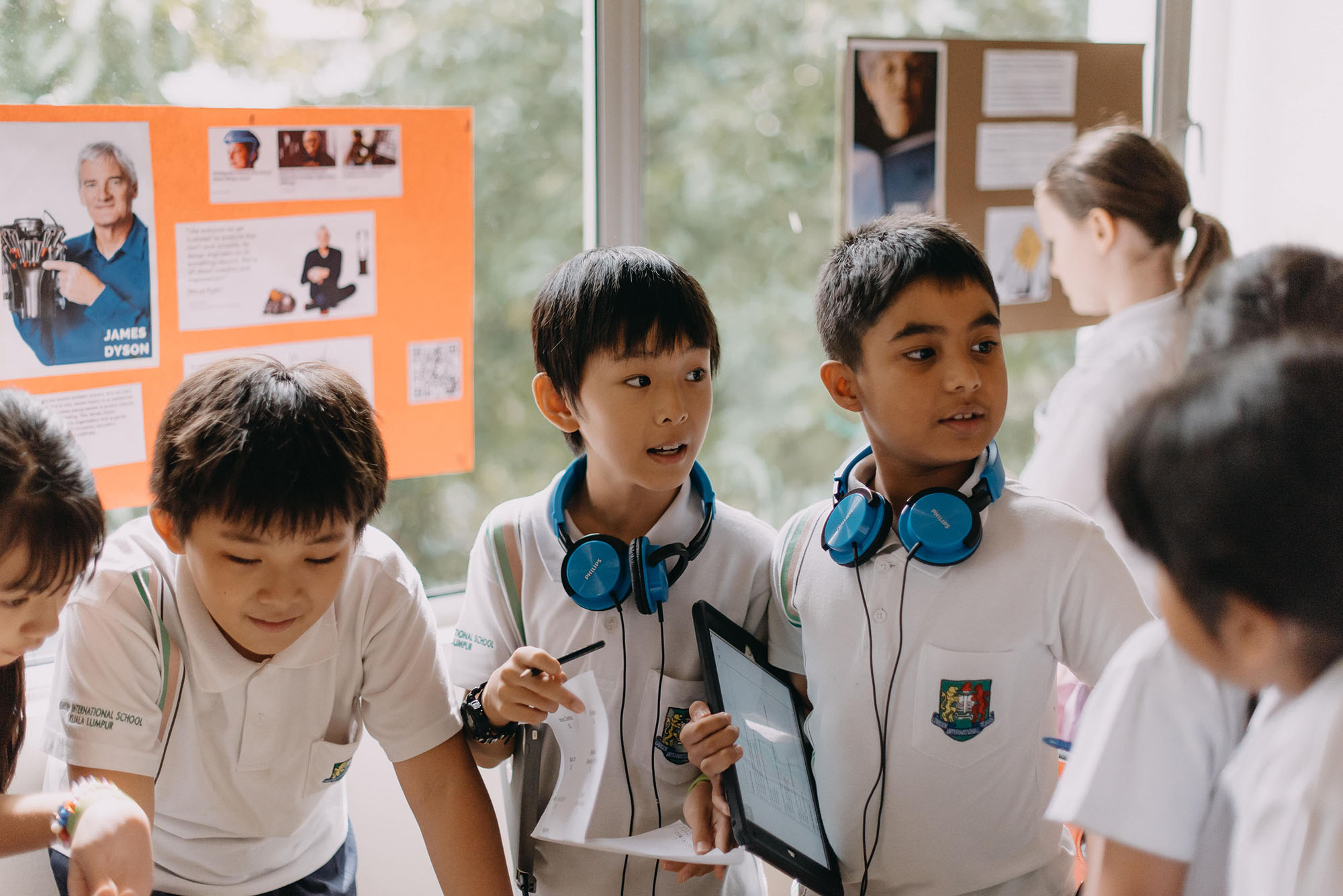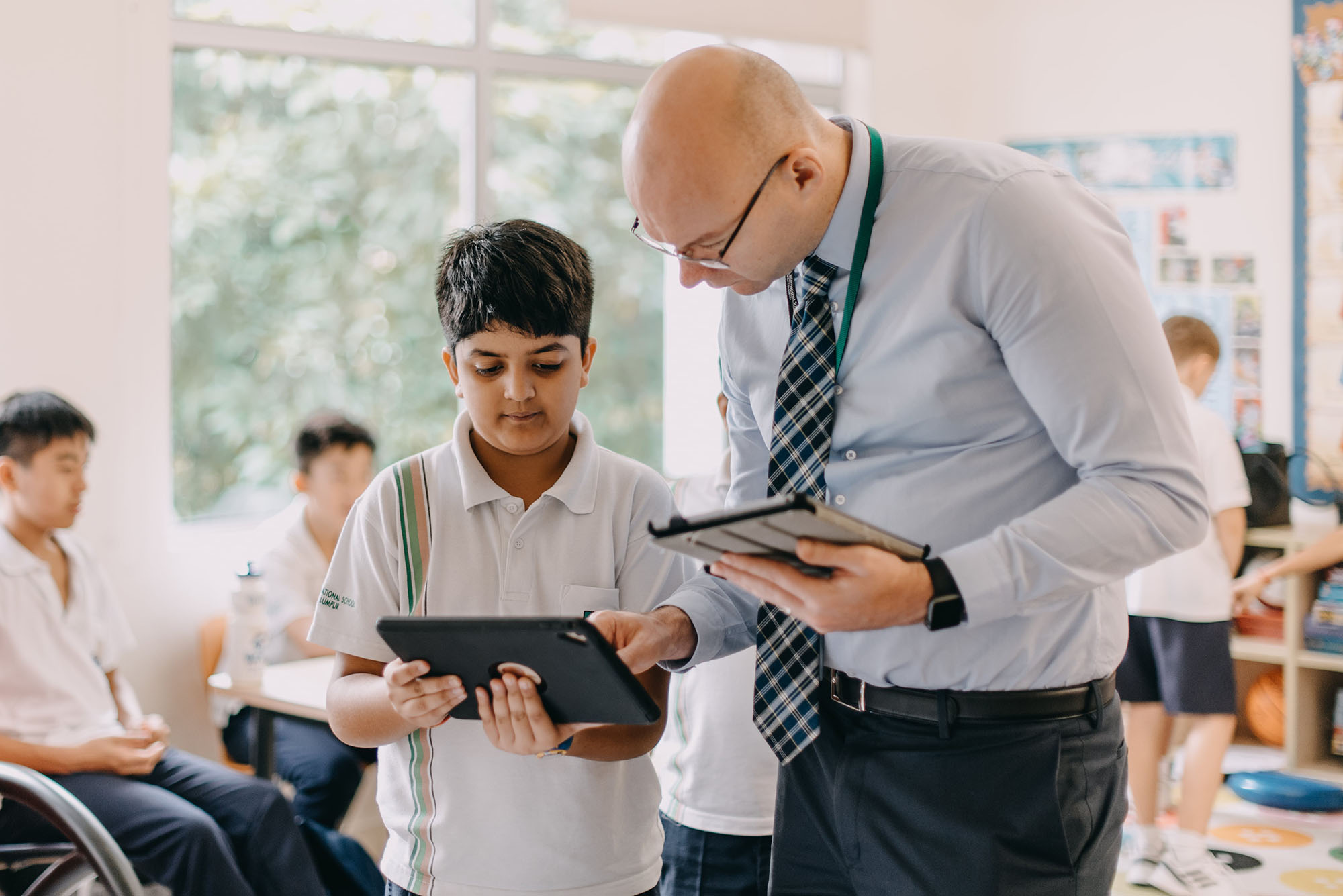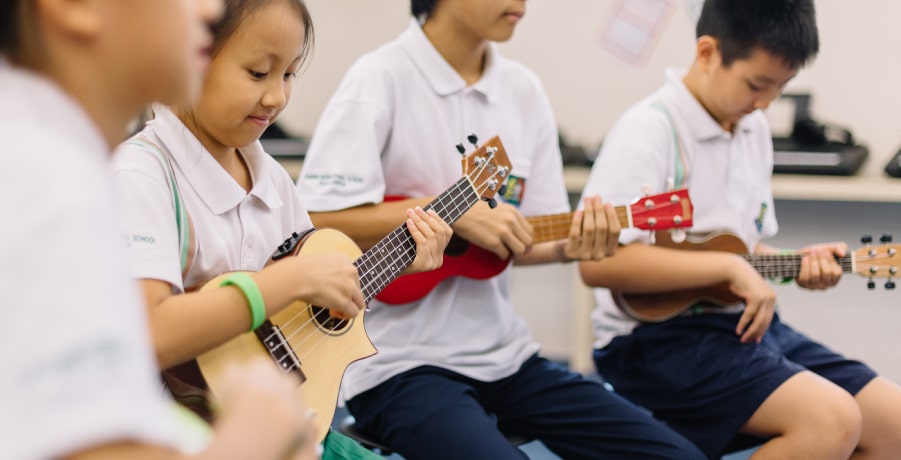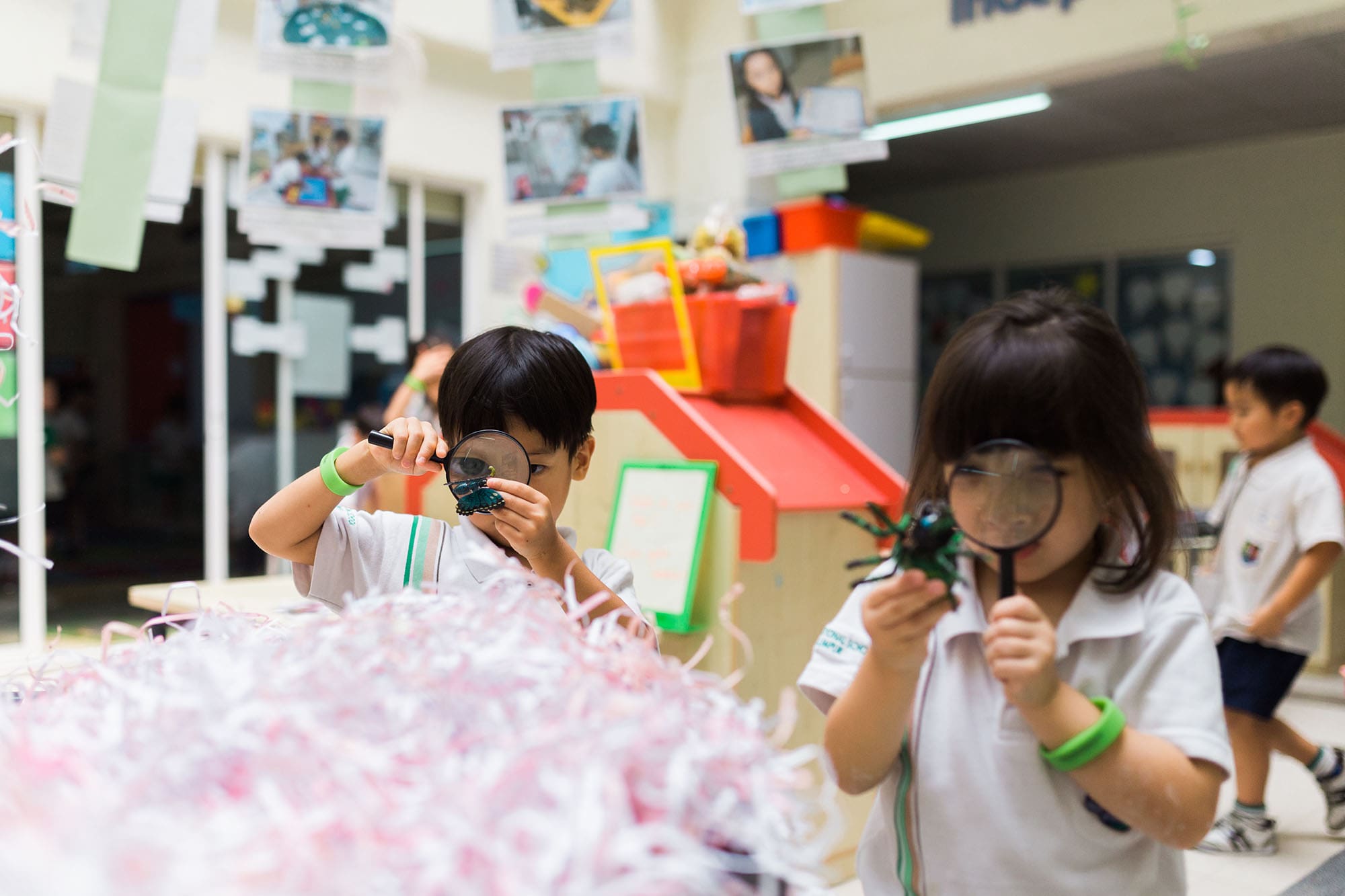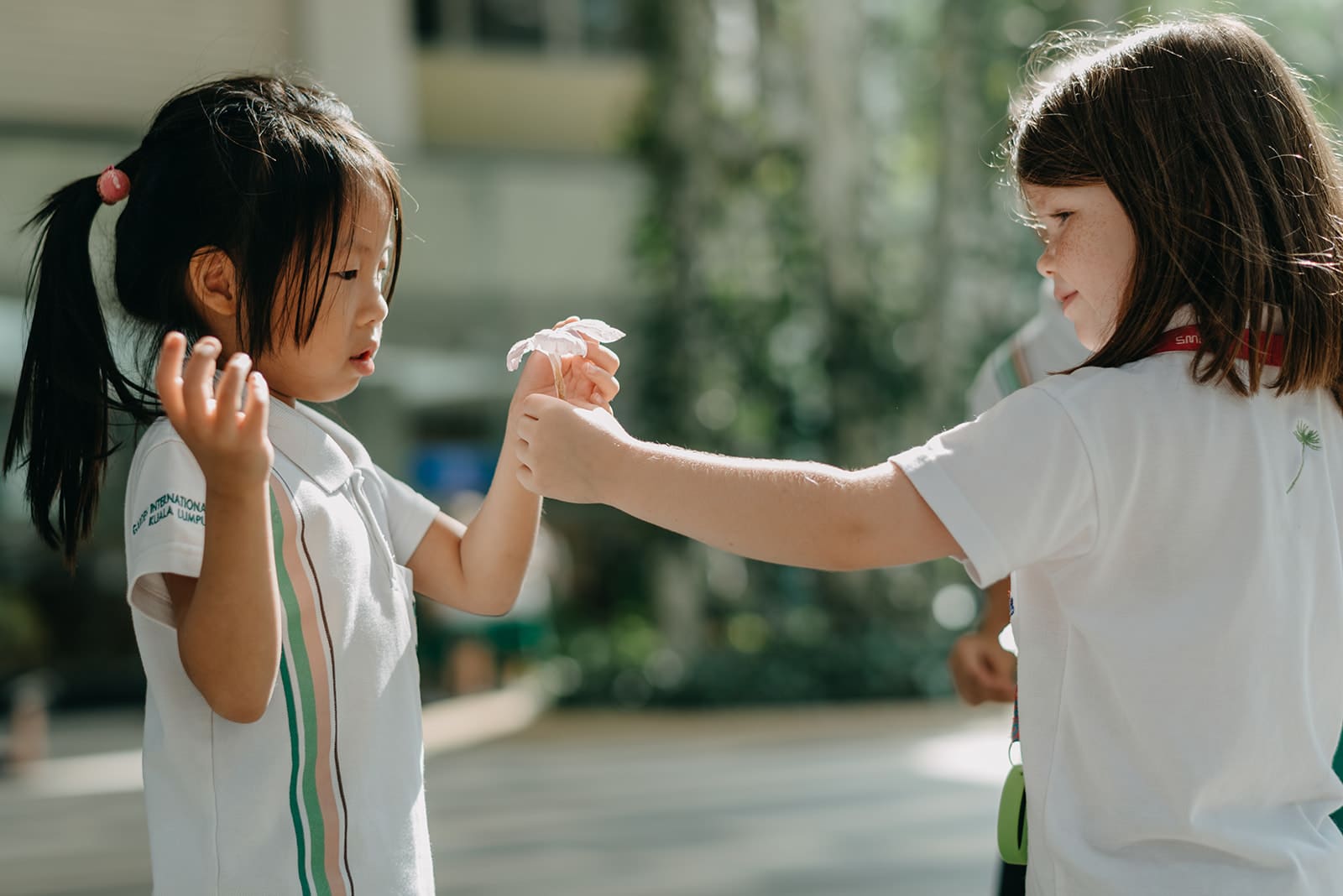
GIS: A Truly Diverse Community
With over 60 nationalities represented, it’s clear that GIS is a truly diverse and multicultural community. If you are already part of the GIS community, you are likely to have enjoyed one of the many cultural celebrations put on by members of the PTF or World Languages department, to mark a variety of festivals from across the globe. After all, a core element of the vision at GIS is to develop global citizens, and the celebration of our diversity is an important part of ensuring our students are equipped with an understanding of the wider world, and the skills to navigate it as they embark on their journeys beyond school.
Not Simply Fostering Multiculturalism; Exploring Interculturalism
However, as we evolve as a school community, we recognise the importance of building on our work to ensure that our students are not just prepared to be surrounded by others from different backgrounds. Rather, we believe it is important to ensure that our students learn how to live interculturally, that is with a deeper understanding and respect of each other’s differences, in a context which fosters the mutual exchange of ideas and cultural norms.
Developing our own Definition
A working party of staff at GIS has been established, focused on this important task: to define exactly what interculturalism means at GIS; audit what already happens to promote intercultural learning within the school, and most importantly, highlight opportunities for the future.
‘Intercultural learning at Garden is the process of becoming more aware of and gaining a better understanding of one’s own culture, identity and history, and that of other cultures from around the world, with the aim of fostering dialogue, interaction, tolerance and understanding across our global and local communities.’ – GIS Working Definition of Interculturalism, Nov 2020
A Lot to Celebrate, A Lot to Do
It is evident that we are very much on the right path as a school. Most recently, in celebration of UN Day, staff and students were invited to share stories about their family heritage and traditions. A rich array of inspiring examples offered very different accounts of multilingual families, religious conflict, those having fled persecution, intercultural marriages, single-parent families, stories of hope, stories of celebration, stories of sadness. Yet, this sharing was a deep learning experience for those involved, and one that staff hopes to build on.
In a recent Parent Workshop, Head of Social Sciences David Whitney shared that the working party, led by Primary Headteacher Nicola Nelson, have begun their work by considering the school from a student’s perspective. One small example that has a big impact is the ongoing development of staff notice boards, ensuring that all campus staff are visible to the students, rather than just the teaching staff as has been the case.
Reconsidering Curriculum
A light must also be shone on our British-based curriculum, with important, and sometimes slightly uncomfortable questions asked: is it too Euro-centric, for example? Do the characters in the books that we encourage students to read provide a mirror for our own students? Staff are now working towards becoming more intentional in providing opportunities for intercultural learning, and to make it the norm that students leave GIS with a deep-seated understanding of both themselves and different cultures.
Watch this Space
To us, it’s crucial that GIS students become not only deeply self-aware, but also possess a strong sense of self-efficacy and drive to advocate for others. Evidently, this will take time and will be the result of exploration, careful planning and training across the school, whilst sharing and engaging with our wider GIS Community along the way. However, one thing is clear: we are on the right path and there is some important, yet exciting, work in progress.
To find out more about how our Learning Culture at GIS supports and prepares students to take their productive place as leaders in the global community, click here.



